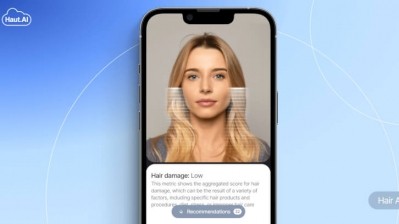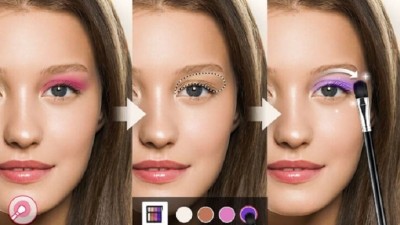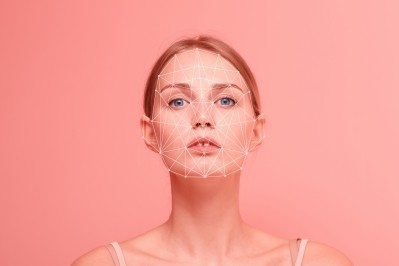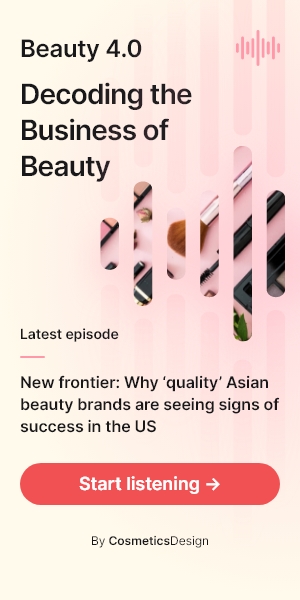Beauty Broadcast Video Series
Transparency, discovery, creativity: How generative AI will influence the future of beauty
This content item was originally published on www.cosmeticsdesign-asia.com, a William Reed online publication.
Speaking on the Beauty Broadcast, co-founder and CEO of Haut.AI, Anastasia Georgievskaya, expressed that generative AI has begun to transform the beauty industry.
The company recently launched SkinGPT to enhance the virtual try-on experience with generative AI. According to the company, it enables users to upload their photos and apply AI “to simulate how their skin will change over time when using certain skin care products.”
These photorealistic simulations can give consumers a preview of the long-term skin benefits of the products.
“The main idea for us is that when consumers can see how their skin will evolve, they can keep this motivation, because sometimes you kind of give up treatments, because we don't see the effect. But knowing what the effects will be and in what time frame, like six weeks or six months, this can build positive reinforcement.”
This can enable greater transparency between beauty brands and consumers. For instance, it could provide consumers with quick access to detailed information about products and their ingredients.
“We will be able to communicate better. That's an important component because I think there's a lot of miscommunications in the skin care field,” said Georgievskaya.
‘Concentrated knowledge’
Following the launch of SkinGPT, Haut.AI plans to expand its AI offerings It is currently working on a text-to-image tool.
“My personal feeling is that conversational AI is a much bigger breakthrough than, let’s say, NFTs. NFTs are very abstract, not many people understand it. But with conversational AI, to some extent, even if you don’t know how it works, you can basically understand what it does. So, I think adoption will be much higher,” Georgievskaya said.
This technology would enable the consumer to give more context for better information. For instance, they would be able to ask the machine to simulate the effects of not consuming enough water or not applying sunscreen.
The company also envisions that this technology would improve knowledge sharing by taking a mountain of information and make it easier to digest.
“There are new discoveries every month. For the casual consumer, it’s very hard to keep up with all the new discoveries and research. We can basically summarise huge amounts of data and make very concentrated drops of knowledge, so it’s possible to be up to date with what’s happening in the R&D field.”
A creative spark
What makes generative AI so powerful and exciting is that it can generate novel and innovative outputs. It could encourage experimentation and lead to fresh and innovative ideas in beauty.
“Before generative AI, I think there was generally a perception that you can't automate anything around like inspiration and creativeness. We now see to some extent you can,” said Georgievskaya.
“We can expect better outcomes and brand strategy – how we address consumers, how our product and digital skin care products are evolving. I think it's great because we now have an amazing source of new ideas and that's why I think beauty will become even more tech powered, and even more creative.”
To hear more insights on generative AI, scroll up to watch the video above.







![Chinese study highlights mental health challenges in atopic dermatitis, emphasising holistic patient care. [Getty Images]](jpg/chinese-research-linking-atopic-dermatitis-to-mental-health-underscores-need-for-holistic-care-2.jpg)





